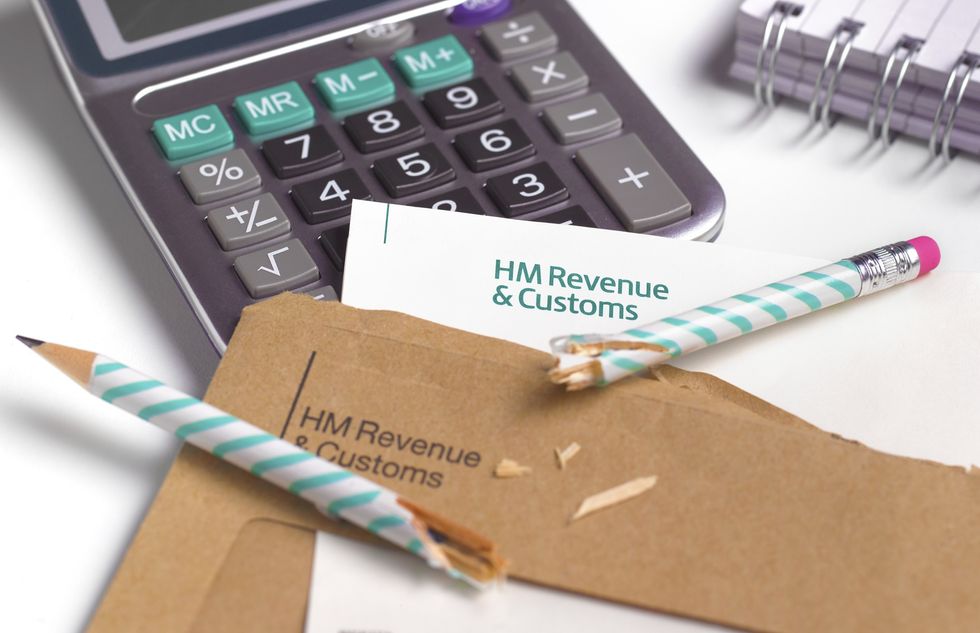Britons are being reminded of the “single most important step” they can take to minimise their inheritance tax (IHT) bill.
Money generated by inheritance tax has risen steadily in recent years, with bereaved families expected to pay £15bn in inheritance tax bills by 2032-33, up from £7bn in 2024-25, according to the Institute for Fiscal Studies (IFS).
The freeze in tax relief and rising house prices are largely responsible for the increase in inheritance tax paid by bereaved families.
The number of properties paying the 40 per cent tax is projected to rise from around 40,000 this year to nearly 50,000 in 2027, according to the Office for Budget Responsibility.
With more and more families caught at the threshold of inheritance tax and possible changes to the tax next month, an expert has explained a key step to reduce the bill for loved ones after your death.
Stacey Love, a tax and estate planning specialist at Canada Life, told GB News: “For benefactors, writing a will is the most important step they can take to support their loved ones after their death.
“Also, hiring a financial advisor can be very helpful in planning your estate in a tax-efficient manner.”
 The tax burden is causing Britons to pay more tax GETTY
The tax burden is causing Britons to pay more tax GETTY A will is a legal document that sets out an individual’s wishes regarding the distribution of assets and wealth after death.
Having a will can provide peace of mind that one’s estate will be distributed to whomever one chooses and how one wishes.
Without one, an individual’s assets will be distributed according to the rules of intestate succession and may be subject to IHT that could otherwise be avoided.
According to a Canada Life study, more than half of UK adults (51 per cent) have not made a will or are not in the process of making one. This includes 13 per cent of people who say they have no intention of making a will in the future.
Although it may seem important to do so, Britons are warned that overlooking this important step could cost them dearly in the future.
By drafting a will, families can help minimize expenses if they decide to leave their estate to a spouse or civil partner.
Those who are married or in a civil union can take advantage of the “spousal exemption” and leave their estate to them in their will. By doing so, regardless of the total amount or whether it exceeds the zero-rate band, the full value will be transferred tax-free to the estate.
When a spouse dies, they also benefit from the person’s unused inheritance tax allowance. This means they can pass up to £650,000 (possibly more) to someone else, completely tax-free.
Another way a will can reduce the inheritance tax bill is if people use it to maximize their property allocation.
By leaving the house to children (or grandchildren) in the will, families will be entitled to a “property allowance”, also known as the zero-rate residence tax band.
Essentially, these reliefs increase the personal inheritance tax band by £175,000 (and will allow you to pass on an estate of up to £500,000) without paying a single penny of inheritance tax.
For a married couple who decide to combine their allowance and leave their home to their children, this means passing on an estate of up to £1 million IHT-free.
Finally, leaving money to charity in your will has double tax benefits.
Firstly, money left to a UK-registered charity will not be counted towards the total taxable value of the person’s estate, and can be passed on without paying inheritance tax. This also applies if a gift is left in the will to a political party or local sports club.
Secondly, if someone leaves more than 10 per cent of their taxable estate (i.e. the amount above the £325,000 nil rate tax band), the tax rate applied to the remainder of their estate will then decrease – from 40 per cent to 36 per cent.
It may not seem like much, but “it can significantly reduce your final tax bill.”
LATEST DEVELOPMENTS:
Love continued: “Aside from finances, it is also a huge weight lifted off your loved one’s shoulders. It offers clarity and helps prevent disputes and additional stress.
“Don’t be afraid to talk openly about your wishes with those to whom you wish to leave an inheritance. A professional financial or legal adviser will also be of great help in offering independent advice and guidance.
“Once you have completed your will, don’t just sit there and forget about it. Talk to your family and tell them where you will keep it.
“Also make sure you review it every two years – family circumstances change over time and you should make sure your will evolves as well.”
#Inheritance #tax #warning #Britons #missing #important #step #significantly #reduce #final #tax #bill